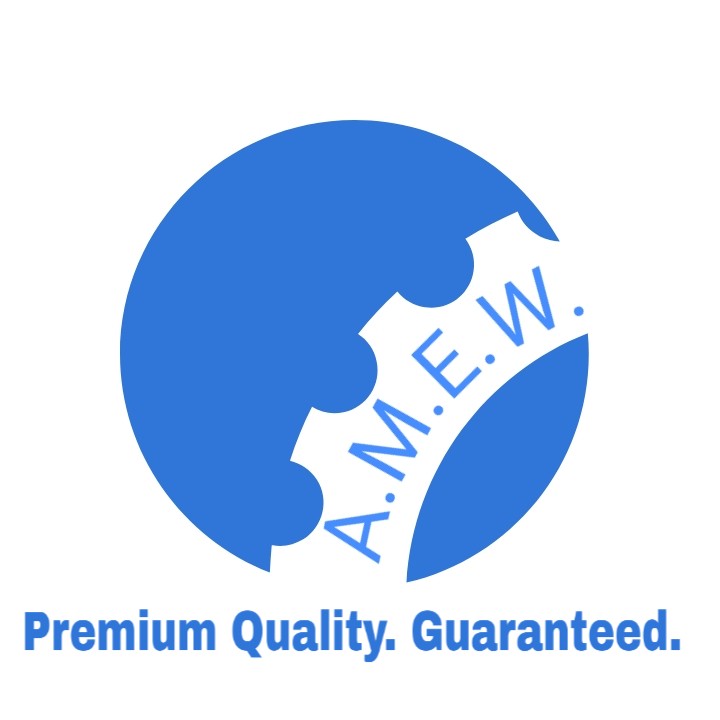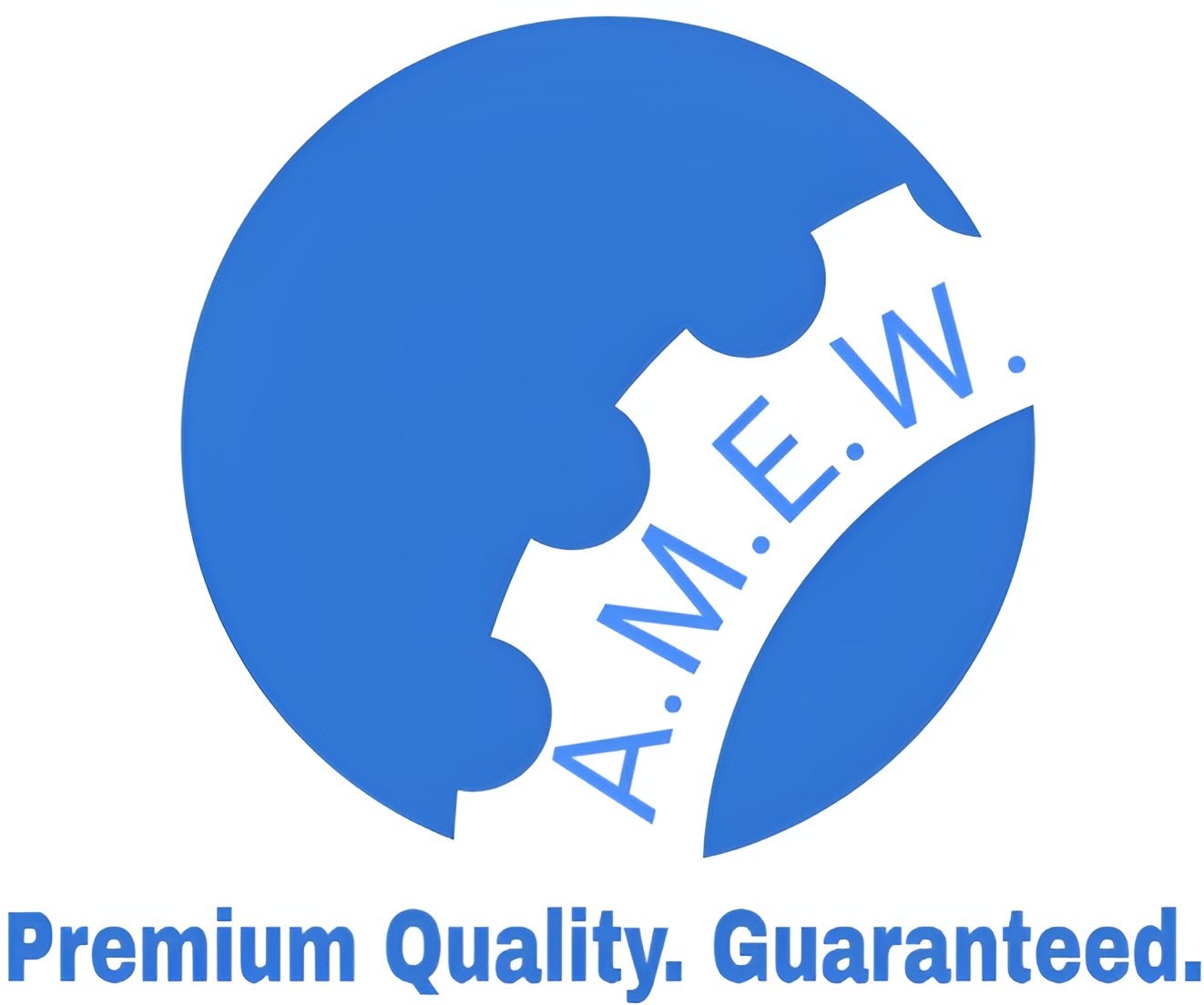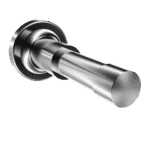Description
Somers: Experts in High-Quality Gear Forging for Critical Applications
At Somers, we are recognized for our expertise in manufacturing precision-forged gears, tailored for a wide range of industries, including automotive, aerospace, heavy machinery, power generation, and more. Gears are critical components in numerous mechanical systems, and their performance can significantly impact the overall efficiency, reliability, and safety of equipment. Our advanced gear forging capabilities ensure that we produce gears that meet the highest standards of strength, durability, and precision.
With decades of experience in the field, Somers stands out as a trusted partner for businesses that require high-quality gear forgings that can operate in demanding environments. Our gears are manufactured to withstand extreme loads, harsh environments, and constant wear, making them ideal for both high-performance and heavy-duty applications.
Table of Contents
- Applications of Gear Forgings
- Key Types of Forged Gears Manufactured by Somers
- Grades of Materials Used in Gear Forging
- Benefits of Forged Gears
- Why Choose Somers for Gear Forging?
- Our Manufacturing Capabilities
1. Applications of Gear Forgings
Forged gears are used across numerous industries due to their ability to withstand high stress and load without failure. Somers supplies gear forgings for a wide variety of applications, providing enhanced performance in:
- Automotive: Gears for engines, transmissions, and drive systems
- Aerospace: High-performance gears for aircraft engines, landing gear systems, and actuators
- Heavy Machinery: Gears for construction equipment, mining machinery, and agricultural machinery
- Power Generation: Gears for wind turbines, hydroelectric power plants, and gas turbines
- Marine: Gears for ship engines, propulsion systems, and winches
- Rail: Gears used in locomotives, railcars, and rail maintenance equipment
Forged gears from Somers are designed to handle high torque, continuous operation, and demanding mechanical requirements. Our expertise ensures that each gear operates smoothly and reliably, reducing the risk of downtime or mechanical failure.
2. Key Types of Forged Gears Manufactured by Somers
Somers manufactures a comprehensive range of forged gears, each designed to meet the specific needs of different industries. Our forged gears are known for their superior mechanical properties, precise dimensions, and extended service life. The main types of gears we produce include:
2.1 Spur Gears
Spur gears are the most common type of gear, characterized by their straight teeth that are parallel to the axis of rotation. They are used in systems that require high speed and low torque applications, such as automotive transmissions and industrial machines.
2.2 Helical Gears
Helical gears feature angled teeth, which provide smoother and quieter operation compared to spur gears. These gears are suitable for high-speed applications and heavy-load systems due to their ability to distribute loads more evenly.
2.3 Bevel Gears
Bevel gears are used to transmit motion between two shafts that intersect at an angle, typically 90 degrees. They are commonly found in differentials, gearboxes, and marine propulsion systems.
2.4 Worm Gears
Worm gears consist of a worm (screw) and a gear, offering a compact solution for high-torque, low-speed applications. These are used in elevators, conveyor systems, and automotive steering systems.
2.5 Planetary Gears
Planetary gear systems consist of a central gear (sun gear), ring gear, and several smaller gears (planet gears). This arrangement provides a high torque-to-weight ratio and is used in applications like gearboxes and wind turbines.
2.6 Custom Gears
We also specialize in creating custom forged gears based on unique client requirements. These gears are designed to fit precise dimensions and specifications, ensuring they perform optimally in specialized systems.
3. Grades of Materials Used in Gear Forging
The choice of material for forging gears is crucial to ensure that the gears possess the strength, hardness, and wear resistance necessary for their intended application. At Somers, we use a wide variety of high-grade materials that are selected based on the specific requirements of the gear’s use case. Common materials include:
| Material | Grade | Application |
|---|---|---|
| Carbon Steel | AISI 1045, AISI 1060 | Commonly used for gears in automotive applications and general machinery |
| Alloy Steel | AISI 4140, AISI 4340, EN24 | Offers higher strength and toughness, used in heavy-duty gears for construction and mining equipment |
| Stainless Steel | 17-4PH, 304, 316L | Provides corrosion resistance for gears used in marine and chemical processing environments |
| Tool Steel | D2, O1, H13 | Selected for high-wear applications where hardness and wear resistance are critical |
| Nickel Alloys | Inconel 718, Monel K500 | High-temperature and corrosion-resistant gears for aerospace and marine applications |
| Titanium Alloys | Ti-6Al-4V | Lightweight and corrosion-resistant gears for aerospace and high-performance vehicles |
The choice of material depends on the required mechanical properties of the gear, including factors such as load-bearing capacity, fatigue resistance, corrosion resistance, and impact resistance.
4. Benefits of Forged Gears
Forging gears instead of using other manufacturing methods such as casting or machining offers numerous advantages:
4.1 Enhanced Strength and Durability
Forging refines the grain structure of the metal, which results in improved mechanical properties such as higher strength, fatigue resistance, and toughness. This makes forged gears ideal for high-stress applications.
4.2 Better Wear Resistance
Due to the nature of the forging process, the gears possess uniform grain flow, which enhances their wear resistance. This results in longer service life and lower maintenance costs compared to gears produced using other methods.
4.3 Greater Dimensional Accuracy
Forging produces gears with high dimensional accuracy and repeatability. This is crucial for gears that need to fit precisely into complex mechanical systems, ensuring smooth operation.
4.4 Cost Efficiency
Although the initial tooling costs for forging can be higher, forged gears typically offer a longer lifespan and lower lifecycle costs due to their superior performance, durability, and reduced need for replacement or repair.
5. Why Choose Somers for Gear Forging?
5.1 Expertise and Experience
With decades of experience in forging gears for diverse industries, Somers understands the complex requirements of different applications. Our team of engineers works closely with clients to develop gears that are perfectly suited to their specific needs.
5.2 Uncompromising Quality
We follow rigorous quality control procedures to ensure that every gear we forge meets the highest industry standards. Our gears are tested for dimensional accuracy, material properties, and performance under load to guarantee reliability in demanding conditions.
5.3 Custom Solutions
Somers is known for offering tailored forging solutions. Whether you need a specific gear type, unique dimensions, or specialized material, we can produce custom gear forgings that precisely match your requirements.
5.4 Innovation in Manufacturing
Our facilities are equipped with the latest forging technologies, allowing us to produce complex gear geometries with unparalleled precision. We continuously invest in R&D to improve our forging processes and develop innovative solutions for our clients.
6. Our Manufacturing Capabilities
At Somers, we have extensive manufacturing capabilities to produce small to large gear forgings with high precision and consistency. Our facility is equipped with:
- Closed-die forging presses for producing high-precision gears
- Open-die forging for large or custom gear blanks
- CNC machining for finishing gears to exact specifications
- Heat treatment to optimize material properties such as hardness and strength
- Non-destructive testing (NDT) to ensure gear integrity, including ultrasonic testing, magnetic particle inspection, and radiography
Our advanced manufacturing processes ensure that we can deliver gears on time, whether it’s a one-off custom component or large-scale production for industrial applications.






